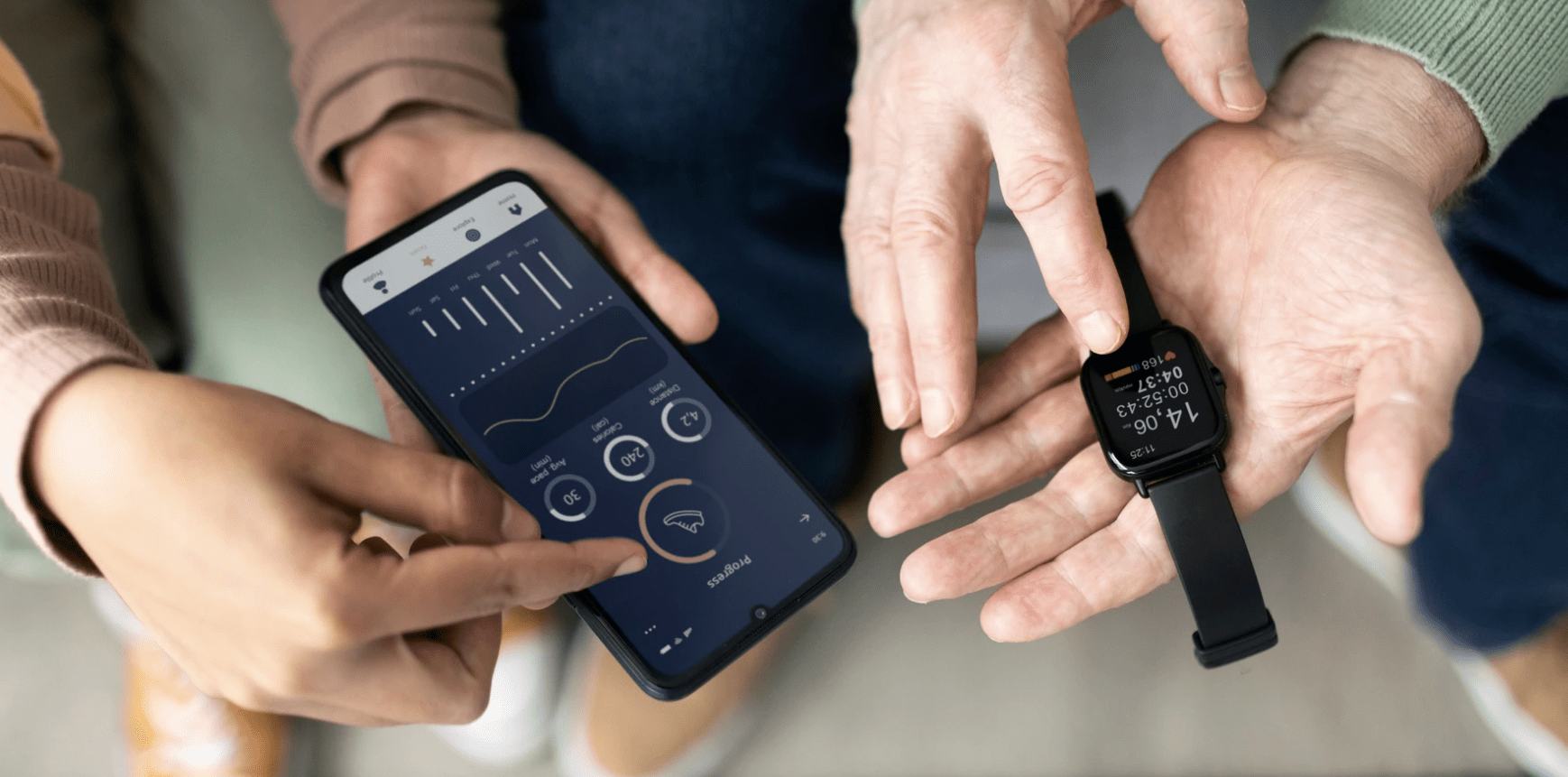I get home, and my Apple Watch is recognized by the door, which opens automatically. The lights adapt to the time of day and the oven turns on automatically to prepare dinner. Music starts playing but I don’t feel like listening to rock so I ask Alexa to switch to reggae. Future? No, present. Nothing you can’t do with a combination of names like iWatch, hue lamps, august lock, amazon echo, etc. And don’t think they are curiosities yet, several of these products are no longer prototypes and are actually improving people’s quality of life (iWatch is the product that seems most useless to me at the moment).
What we call the ‘internet of things’ is a reality and Google, Apple and Amazon are in a battle for our homes. The other big battle is for the health sector. All these devices will need ecosystems where they can communicate with each other and integrate with apps and software. Many did not understand when Google bought a thermostat company, Nest, for €3.2 billion. How could a company with such a basic product be worth so much even though it was founded by some of the creators of the iPod. The reason was not the thermostat, it was the team, which allowed Google to create this ecosystem where devices communicate with each other (called Brillo). Apple is doing the same with the home kit that will integrate its operating system (iOS) and Amazon has launched echo, a Siri-like virtual assistant that is a Bluetooth speaker and listens to your instructions from anywhere in the house. Most consumers want one system that includes and integrates all products and services, not several and each of these brands is trying to be the preferred solution.
Again, the war is for data and unfortunately most companies have not understood that this is the new prize. Data means information that can be used to tailor products and services to the customer. More knowledge means higher sales. Predictive models and sensors that will understand the needs of each household and for example automatically offer or buy the most suitable products and services.
There are no concrete winners yet and there are several important critical aspects to be solved yet. Security for example is one of them! No one wants someone to be able to light the stove in the house at night while turning off the fire detector, air conditioning and closing the windows.
But why is this topic interesting for ‘ordinary’ companies since they cannot compete with these giants? They need to start understanding how their products and services will integrate into these ecosystems. It is no longer enough to produce products, industries will have to develop software and applications and at the same time allow them to connect with other products of their competitors. The data they receive from the use of their products will have to be analyzed and the findings used to improve products in real time. And they will most likely have to adopt one or all these ecosystems (as they already do with the apps they develop for Android and iOS). Companies that do not do so will probably lose their market position and become obsolete in the next 5 years.

